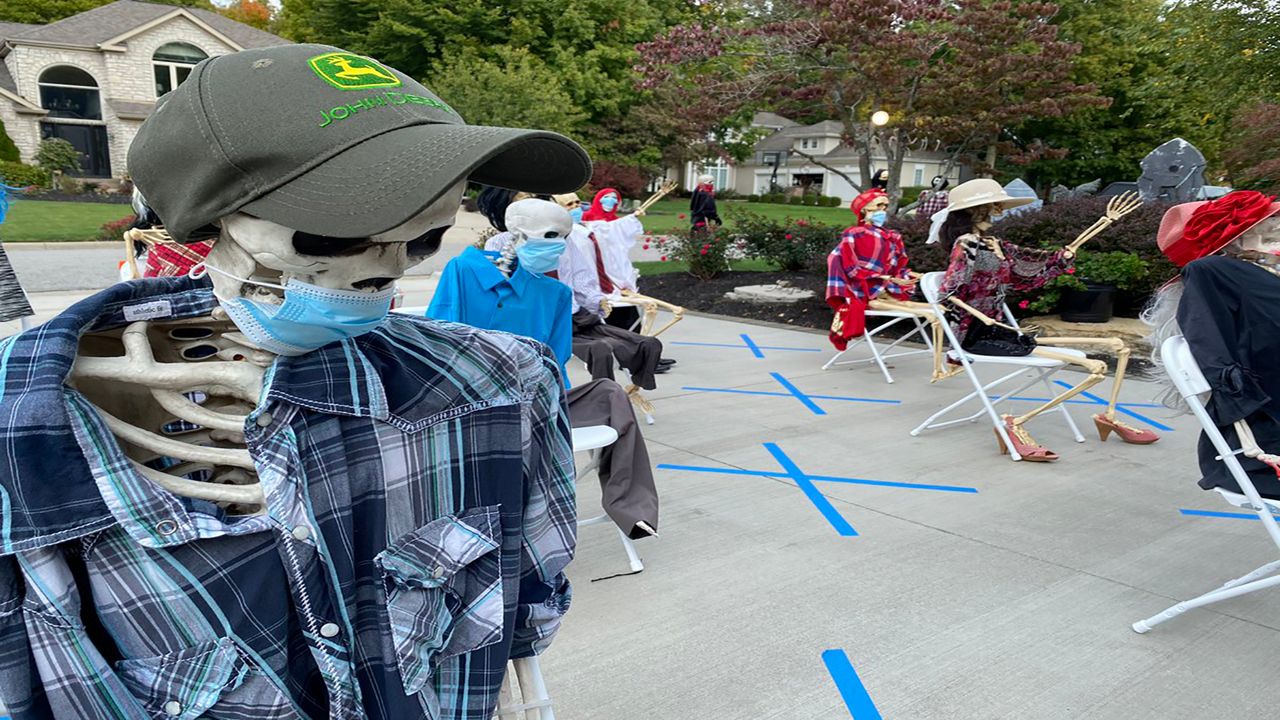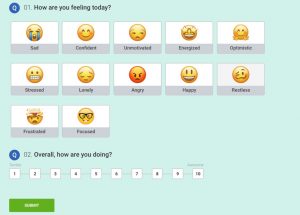CLEVELAND — Last year, the World Health Organization declared vaccine hesitancy a top 10 global health threat, and health workers remain the most trusted influencer of vaccination decisions.
What You Need To Know
- CDC health officials have announced that a coronavirus vaccine may not be available to the general public until the second or third quarter of 2021
- Some doctors are already working to ensure possible vaccine hesitancy isn’t a hurdle to healthcare when that vaccine does become available
Now that the coronavirus has overwhelmed health care systems in 2020 and a vaccine for the virus is expected in 2021, doctors are making sure to separate vaccination facts from fiction for their communities. Dr. Frank Esper works at Cleveland Clinic’s Center for Pediatric Infectious Disease and said vaccine hesitancy usually stems from misinformation.
“It is our job as physicians to address those concerns; we may just have to tell you I’m sorry what you saw on the internet is wrong, but it doesn’t necessarily mean that your fear is wrong,“ Esper said.
Esper said in Ohio anti-vaxxers, or people who always refuse vaccinations, make up a very small percent of the population. He said that due to good communication with health professionals, many patients get themselves and their children vaccinated each year. He’s hopeful that this will be the case when the coronavirus vaccine becomes widely available.
“We’re one of the best states right now in vaccine compliance with all our childhood vaccines, and so we’re in the top 50 percent of all the in United States and our vaccine compliance rate is upwards, getting close to 90 percent,” Esper said.
Infectious disease physician Dr. Virginia Banks said vaccine hesitancy can stem from mistrust of science or people thinking the risk outweigh the benefits.
“There is still a lot mistrust and distrust of what’s going on in our community in our government, so I understand the hesitancy that individuals have about vaccination,” Esper said.
Banks said, for the coronavirus vaccine, patient concerns also include the safety of a newly developed vaccine. She said it’s crucial for the public to know that a COVID-19 vaccine will not be rushed.
“I, myself as a front line worker, no one wants a vaccine more than I do, and when I see that safety and efficacy have been looked at, it’s been approved by the FDA and circulated into the population, I certainly would be willing to get that vaccine,” Banks said.
Cleveland Clinic family physician Dr. Neha Vyas said although it’s difficult to discuss a vaccine that hasn’t been made yet, many physicians look to the success of past vaccinations to educate patients on their benefits.
“We haven’t seen these diseases that we’ve almost eradicated because of some amazing vaccine implementation policies that we have, so I think we’re sort of the product of our own success.” Vyas said.




